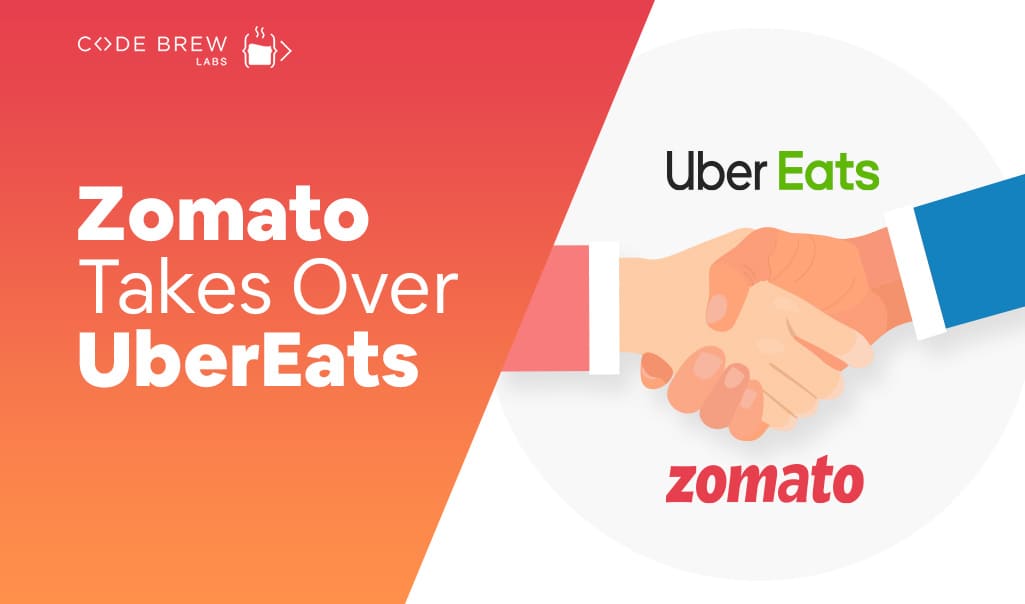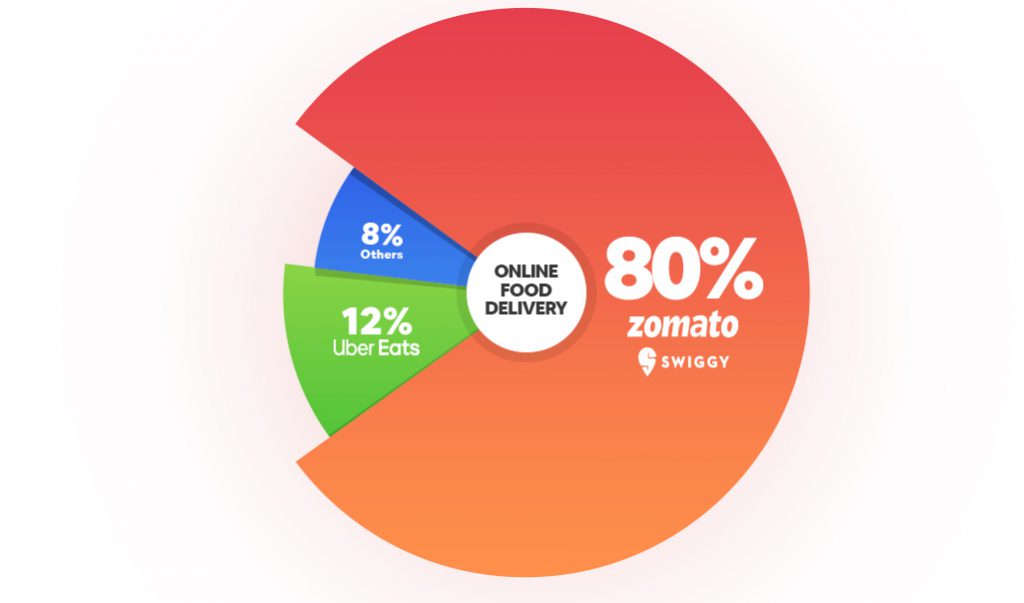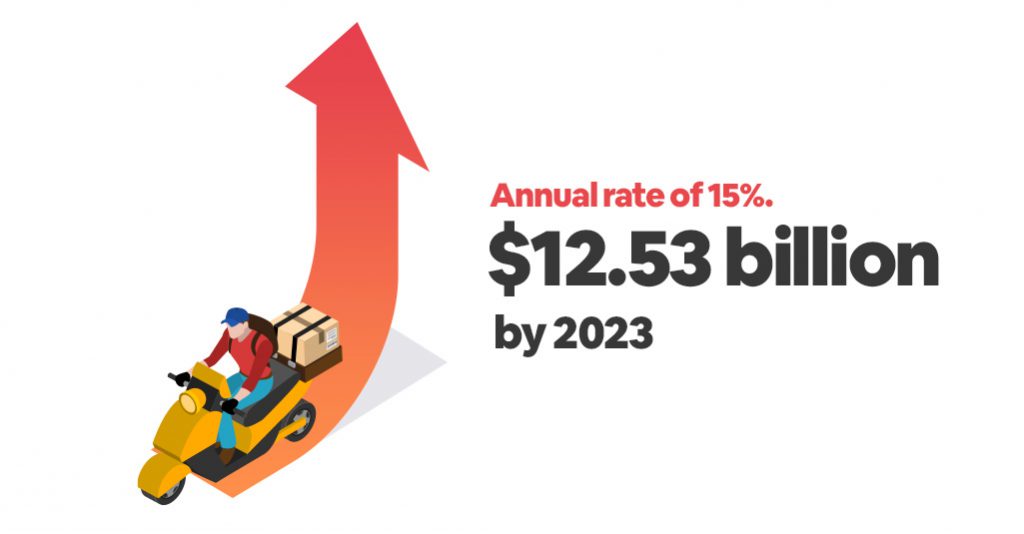
India’s foodtech ecosystem bore a big announcement last week, which said that –
Table of Contents
Though UberEats exit from the space was pretty much anticipated, yet its acquisition by Zomato stood out to be a key announcement and development for the industry. Running into losses, UberEats, quite clearly, failed to create an impact on the food delivery segment of India. Despite investing millions of dollars in its business, it could not push its way up in the market which has been indisputably dominated by the two giants, Zomato and Swiggy. For Uber, the exit could lead to an annualized savings of nearly $750 million.

Whether it is a winning situation for Zomato, or not, this only time would tell. However, for now, the acquisition has certainly vested more powers in its hands to compete and grow. The foodtech biggie takes over the entire delivery network of UberEats, which would expand its existing network of over one lakh delivery partners, taking the number to close to two lakh. This outnumbers Swiggy’s existing network of 1.5 lakh delivery partners. Considering the paramount role that deliveries play in the current scenario along with a rapidly increasing demand for online food deliveries, this addition of more feet on street would certainly work well for Zomato and help grow its market share.
Moreover, with this move, Zomato would now be able to penetrate deep into the southern part of India where it lagged behind, as UberEats already had a stronger foothold there. Zomato would now also be onboarding UberEats’ 500 exclusive restaurants, while also gaining access to the latter’s business details, including its customer information, order history, etc. And yes, Uber being its shareholder could also give a strong boost to its brand in the years to come.
The aspiring foodtech entrepreneurs certainly have a lot to learn from this development. It is important for them to make note of certain fundamentals which are key for long-term success –
Know Your Competition
Before you take the plunge and begin operations, study and understand your competitors carefully. Look into their strengths and weaknesses, their features and offerings. Understand what makes them stand out. Competing with the large, established players can sometimes be a futile attempt, considering their valuable offerings and their already established hold on the market.
Product Differentiation Is Essential
Do not enter a competitive market without having something different to offer, or you might end up losing to your competition. Add features which your competitors don’t have and gather insights to make your product better. UberEats lacked a clear-cut USP from the beginning, which hauled its long-term growth.>
Be Dynamic & Flexible At The Early Stage
A first impression is usually the last impression, and this holds true in all walks of life, even in the business scenarios. A brand must exhibit a lot of energy and enthusiasm in its early stages, in order to establish a unique first connect with the audiences. The dynamism and smartness that a brand adopts in the first few months could help them win customers from the very beginning, thus ensuring a smooth take off. Remember to use this opportunity wisely.
Avoid Being A Jack Of All Trades
Specialization in any realm can give your business an edge over your competition. If a brand tries to venture into too many businesses without having a core specialization, it is quite possible that some businesses might not perform, due to the presence of other specialists in the space. In case of Uber, which is primarily known for its cab-hailing business, UberEats could not do well, as Zomato and Swiggy have their core specialization in foodtech.

Add image – India’s online food delivery market has been at a cusp of high growth, estimated to cross $12.53 billion by 2023 and growing at an annual rate of 15%.
Looks like the industry is not going to experience much of a rejig, considering the small space that UberEats occupied in the market and the very little threat it imposed on its competition. However, even though the competition was miniscule, it certainly existed, and is no longer there. A small positive for Zomato and Swiggy! Going forward, the battle between the two players is only going to intensify, till the time a new player marks its entry into the market with a unique offering.
Having said this, one thing is for sure – there are a host of business opportunities for those millions of aspiring entrepreneurs, who plan to make their way in the burgeoning online food delivery market. The startups must begin by identifying and defining their goal, and keeping their focus clear.
If you have an idea to build the next, leading food marketplace like Zomato or Swiggy, we have the technology solution to turn it real. We ensure to help you design and develop a premium, next-gen food delivery app for your business. Get in touch with us today.
